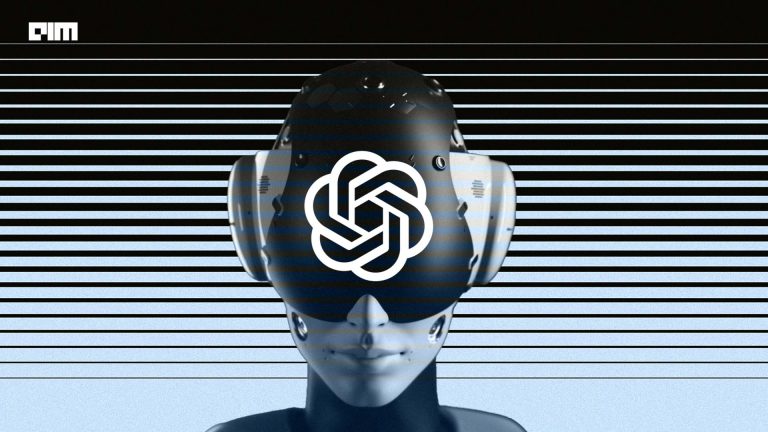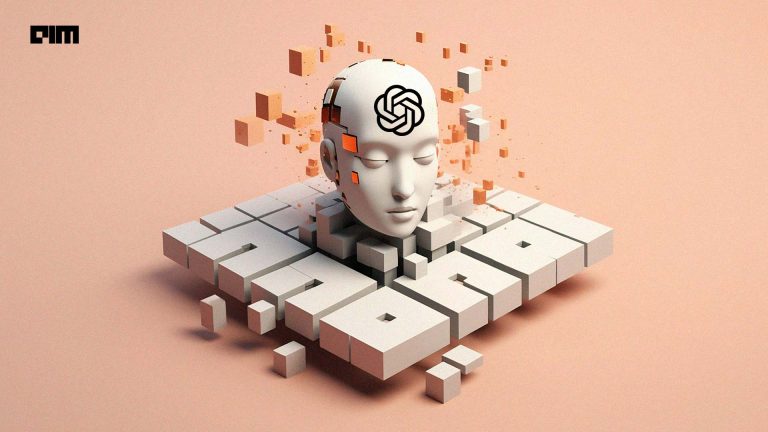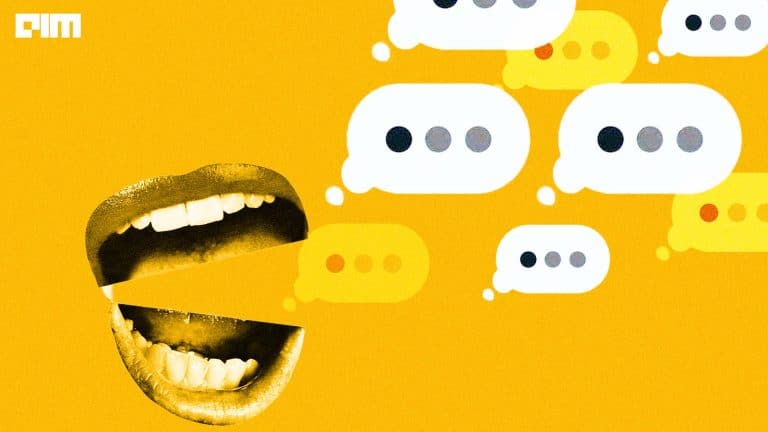|
Listen to this story
|
A few weeks back, Analytics India Magazine did a story, ‘Will AI-plagiarism Tools Burst the ChatGPT Bubble?’ predicting that AI plagiarism detectors will have a bigger market than ChatGPT itself. Now, anti-plagiarism software Turnitin, largely used by thousands of universities and schools across the globe, is in the process of building a tool to detect text generated by AI.
The tool has been in the making since the release of GPT-3.
“Turnitin hopes to launch its software in the first half of this year. It will be pretty basic detection at first, and then we’ll throw out subsequent quick releases that will create a more actionable workflow for teachers. After that, the plan is to make the prototype free for its existing customers as the company collects data and user feedback,” said Annie Chechitelli, chief product officer, Turnitin in an interaction with The Register.
Established in 1998, Turnitin produces software that calculates the similarity of a specific essay when compared with content from a large database of webpages and books to spot signs of plagiarism.
The firm was acquired by media giant Advanced Publications for $1.75 billion in 2019. Today its software has been used by 15,000 institutions across 140 countries.
How it works?
While AI-produced content may seem pretty convincing, there are some standout patterns that can reveal the hand of an algorithm. Among these signs is writing that will look bland and unoriginal and does not have a distinct voice. Recently, tech news site CNET was in the news for publishing AI generated content that was riddled with errors.
And machines can be easily trained to detect these patterns effectively. “Though AI writing may feel human-like to us, machines write using a fundamentally different mechanism. It picks the most probable word in the most probable location, and that’s a very different way of constructing language compared to humans,” said Eric Wang, VP of AI at Turnitin.
He further said that Turnitin’s plagiarism detector predicts what words AI is more likely to generate in a given text snippet. It’s very bland, statistically. Humans don’t tend to consistently use a high probability word in high probability places, but GPT-3 does — so Turnitin’s plagiarism detector cues in on that.
What is interesting to note is that Turnitin’s detector is built using the same architecture as that of GPT-3 and can be perceived as a miniature version of the model. It uses a detection component instead of a generating component
Jan Leike, ML Researcher at OpenAI had earlier said that “The path I’m very excited for is using models like ChatGPT to assist humans at evaluating other AI systems.” OpenAI has already been working in that direction, like in the paper, ‘Self-critiquing models for assisting human evaluators ‘.
We can already see this happening in the case of Turnitin’s AI plagiarism detector tool which was built based on the same architecture as GPT-3.
GPTZero
Besides Turnitin, Edward Tian, a Princeton student, alongside Sreejan Kumar, developed GPTZero, a tool that prompts when a particular text is written by ChatGPT and other generative AI engines.
The app processes submitted text for indicators of AI origins like randomness and complexity in how it is written, technically referred to as “perplexity and burstiness”. In his Twitter thread, Tian tested GPTZero on various posts published by companies on various social media platforms like Linkedin and Twitter, to check its effectiveness.
However, the app does not have enough data to measure accuracy yet, but it is a good start, as it is still a work in progress. The duo looks to publish a paper soon.




















































































